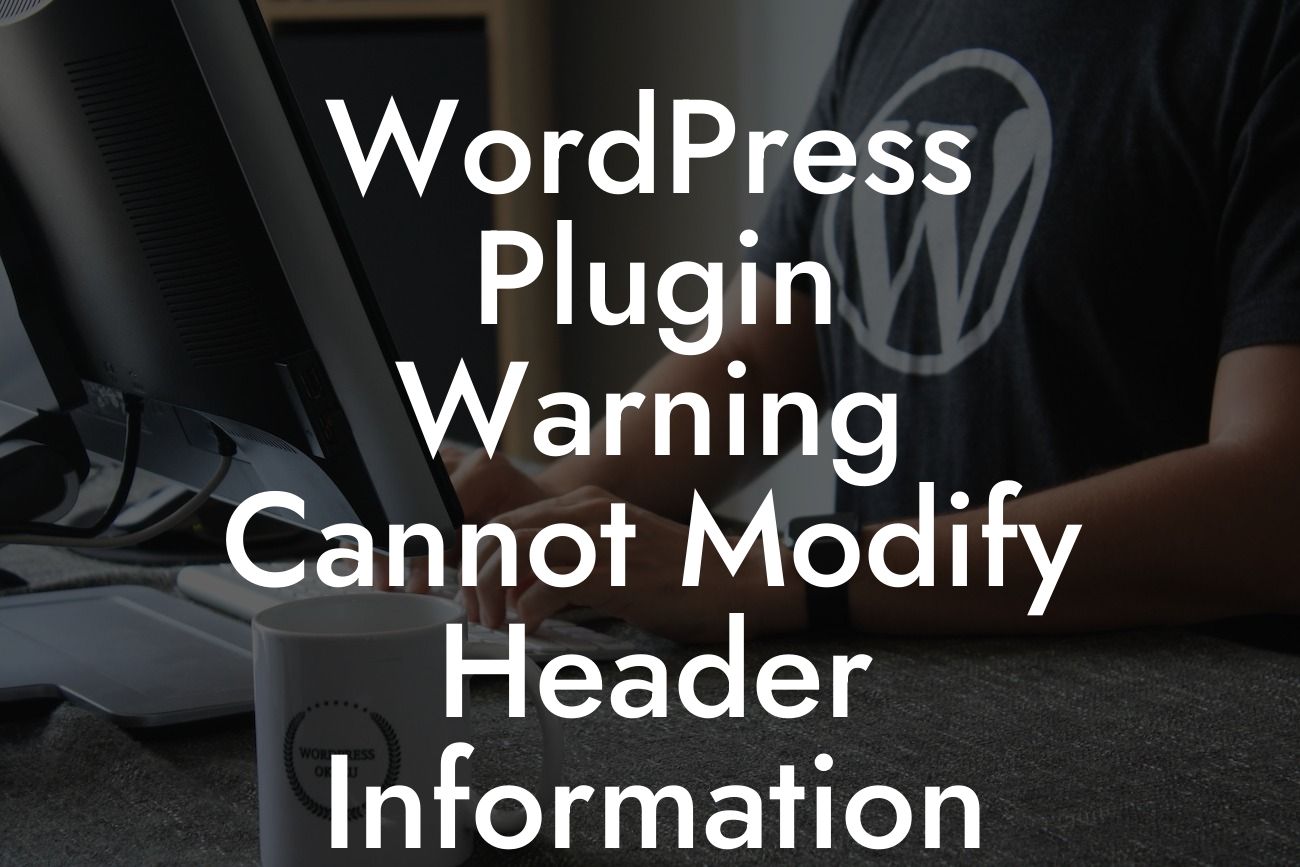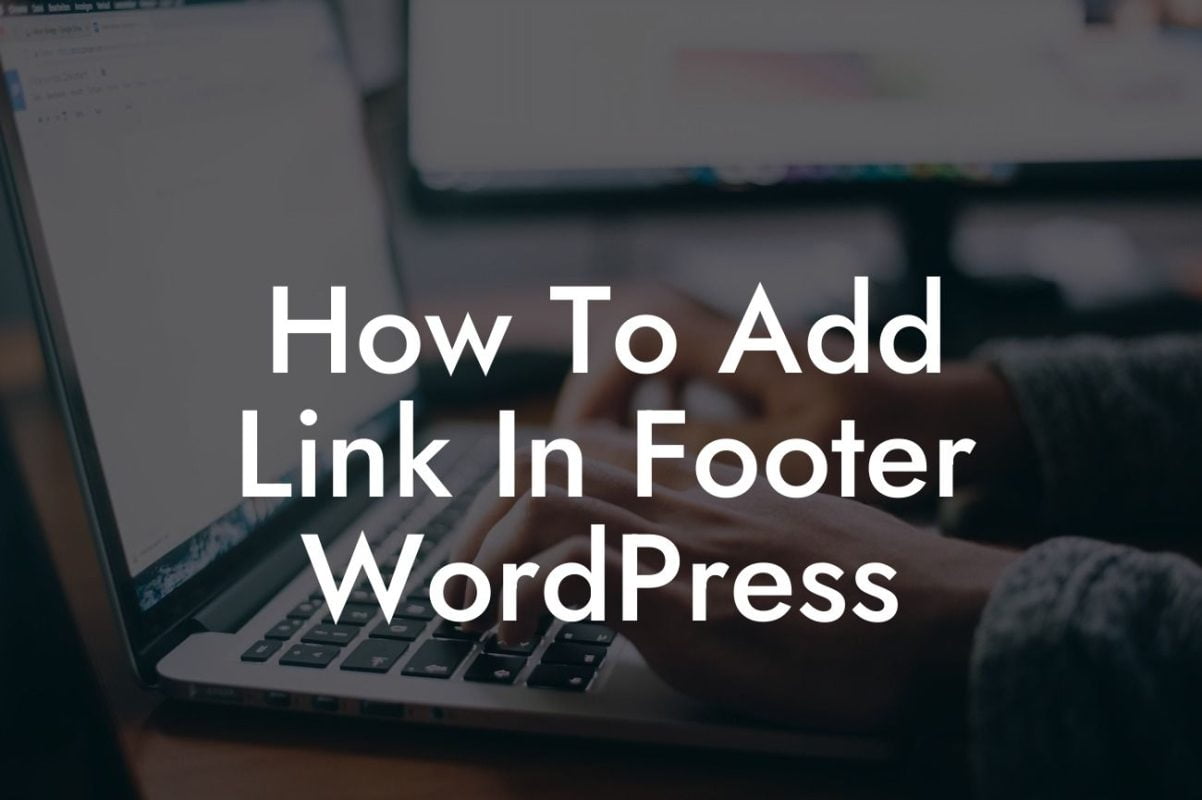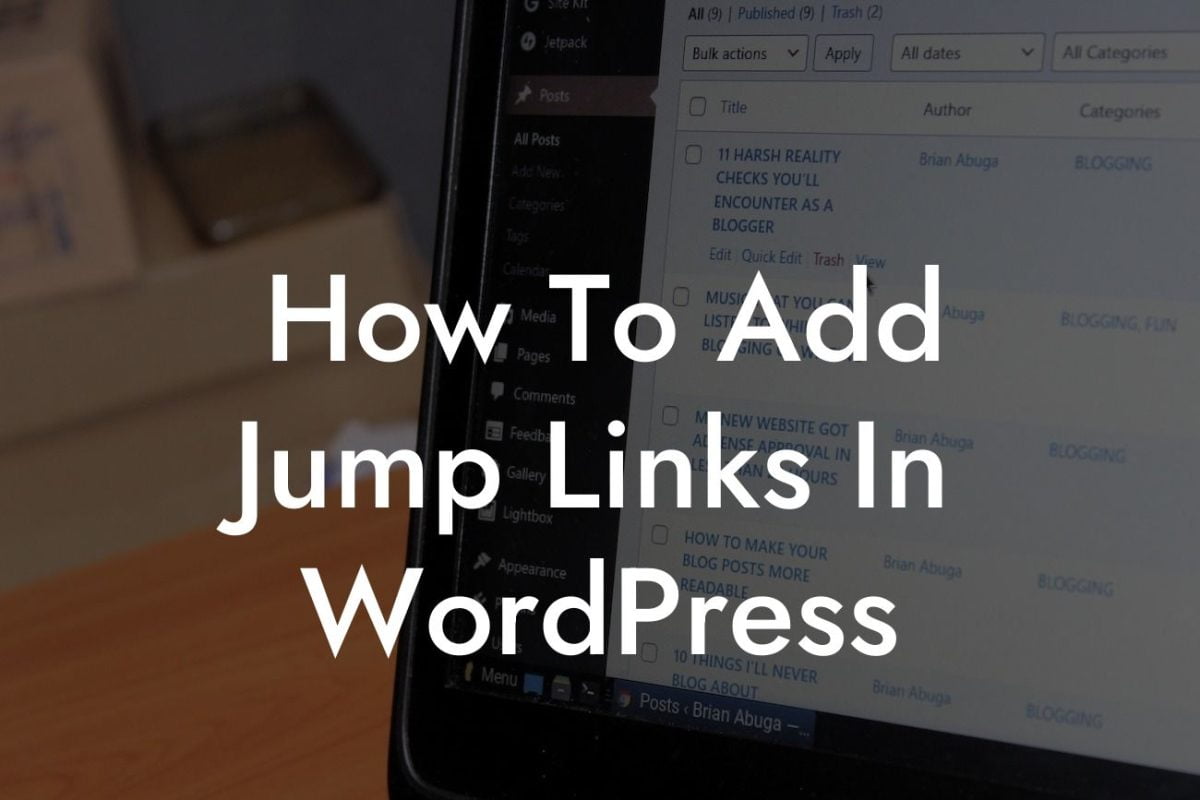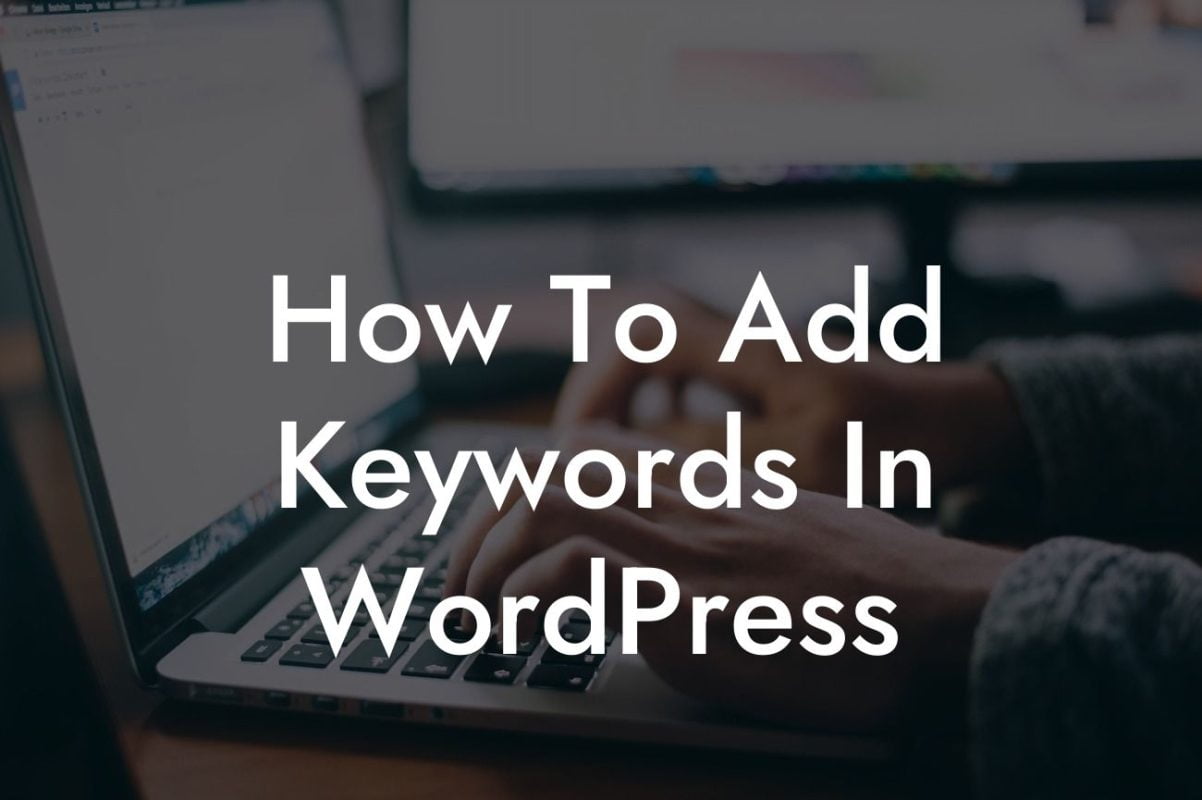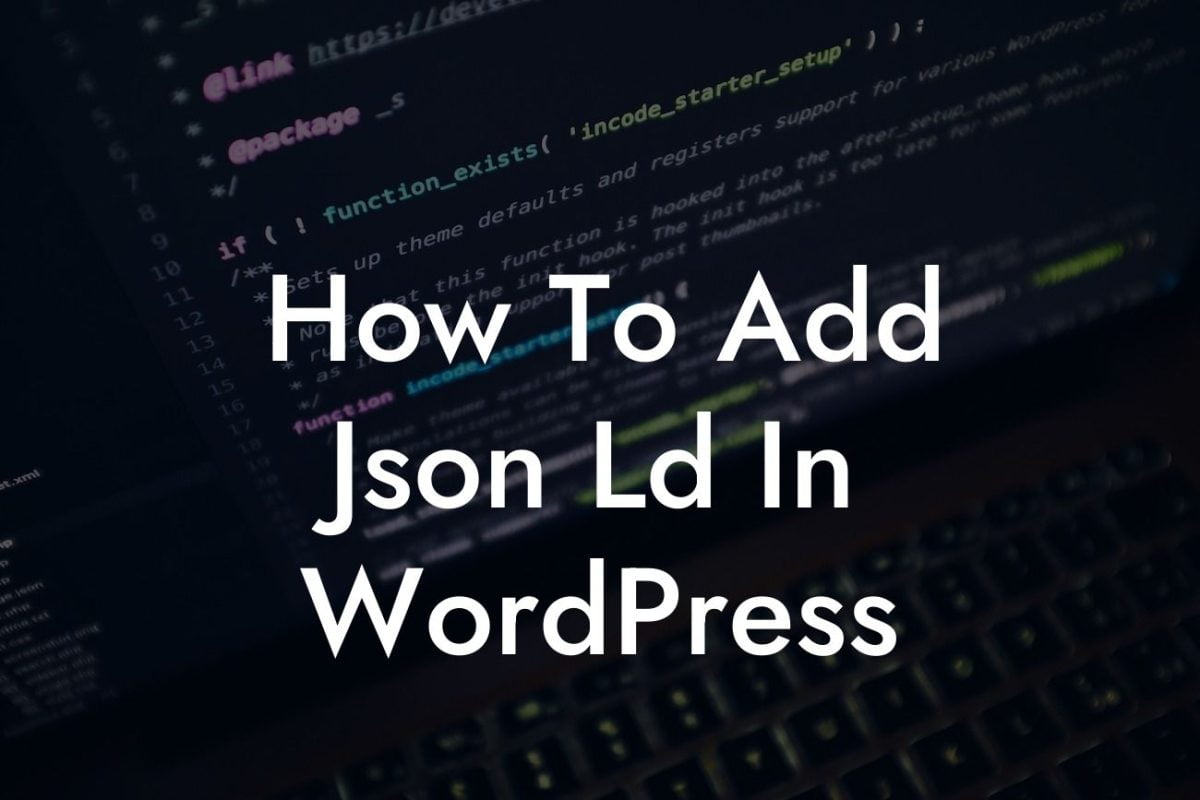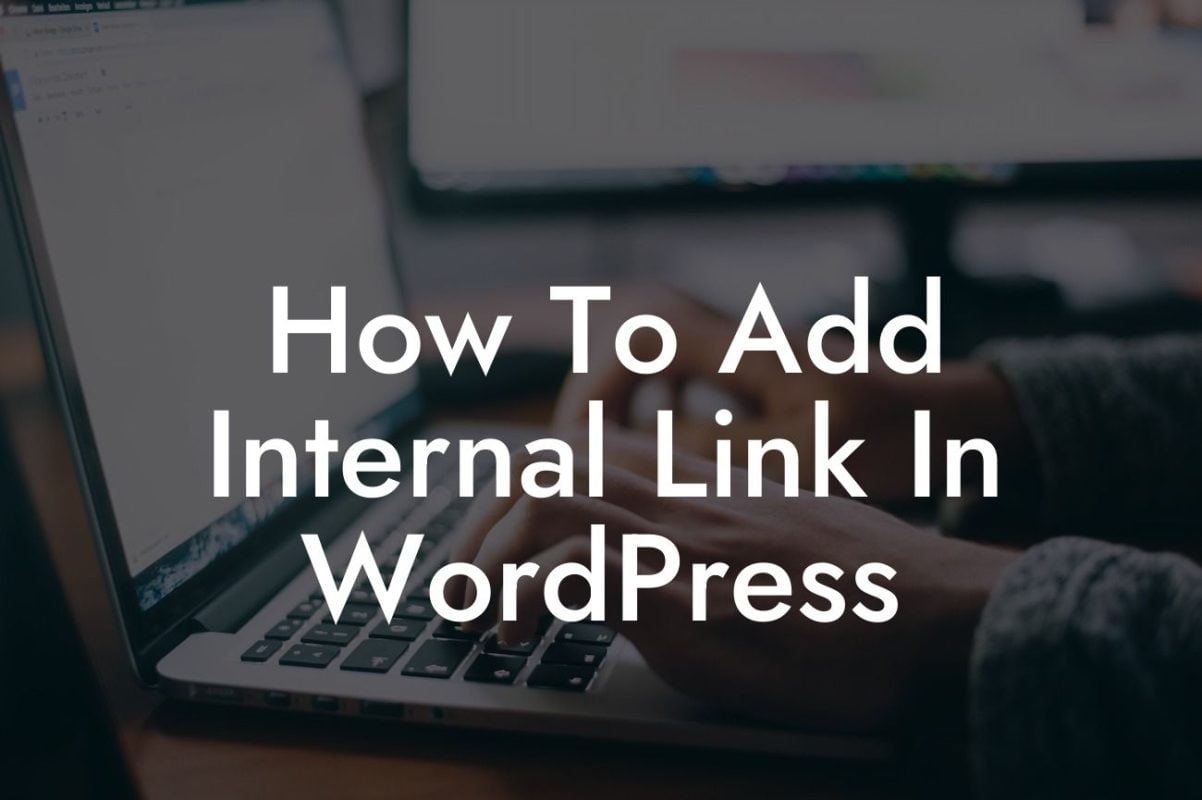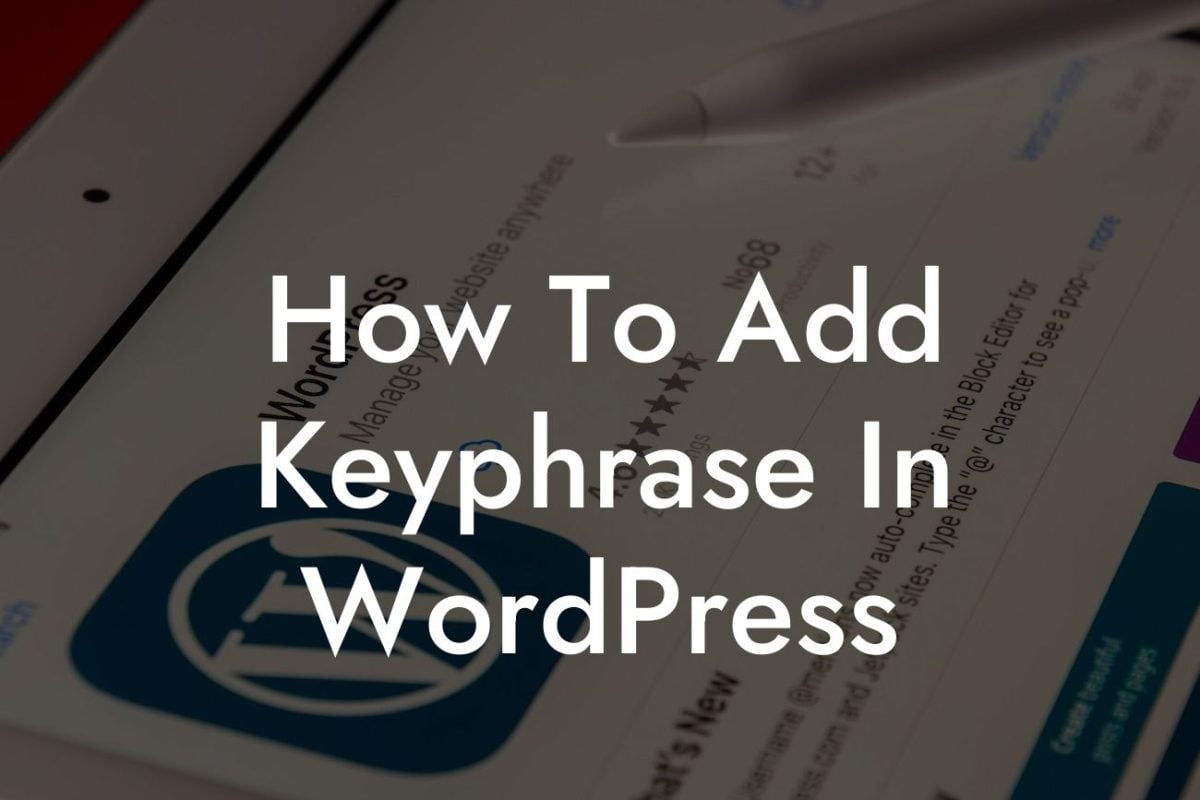WordPress plugins are a vital component of a successful website, providing various functionalities and features to enhance user experience. However, amidst the vast array of plugins available, there are occasional warnings that can be quite puzzling for both small businesses and entrepreneurs. One such warning that frequently arises is the "Cannot Modify Header Information Referrer-Policy" in WordPress plugins. In this article, we will delve into the reasons behind this warning, the potential risks it poses, and most importantly, the actionable solutions to overcome this issue.
The "Cannot Modify Header Information Referrer-Policy" warning typically occurs when a plugin attempts to modify the header information related to the Referrer-Policy, but fails due to various reasons. To fully understand this warning, let's first explore the significance of the Referrer-Policy.
Referrer-Policy refers to a security-related HTTP header that tells the browser how much information about the referring page should be included in requests made from another page. It helps protect user privacy and prevent sensitive data leakage. However, when a plugin tries to modify this header information and fails, the warning comes into play.
There are several reasons why such a warning may occur. It could be due to conflicts between plugins or themes, outdated or incompatible plugins, or even coding errors within the plugin itself. Regardless of the cause, it is crucial to address this warning promptly to ensure the proper functioning and security of your WordPress website.
To resolve the "Cannot Modify Header Information Referrer-Policy" warning, follow these actionable steps:
Looking For a Custom QuickBook Integration?
1. Identify the problematic plugin: Begin by deactivating all the plugins on your website and then reactivating them one by one. This process will help identify the specific plugin causing the warning. Once identified, you can choose to either update the plugin to its latest version or seek an alternative plugin that provides similar functionality.
2. Update plugins and themes: Outdated plugins and themes can often lead to conflicts and warnings. Regularly check for updates and ensure that all your plugins and themes are up to date to prevent such issues.
3. Check for plugin compatibility: Before installing a new plugin, it is essential to verify its compatibility with your WordPress version and other installed plugins. This precautionary measure can significantly reduce the likelihood of encountering warnings.
4. Debugging and error logging: Enabling debugging mode and error logging can provide valuable insights into the root cause of the warning. WordPress has debugging functionalities that can be activated using the wp-config.php file. Once enabled, any errors or warnings encountered will be logged, aiding in the troubleshooting process.
Wordpress Plugin Warning Cannot Modify Header Information Referrer Example:
Let's consider a scenario where a small business owner, Sarah, recently encountered the "Cannot Modify Header Information Referrer-Policy" warning on her WordPress website. After thorough investigation, she discovered that a particular plugin, which handled her contact forms, was causing the issue. Sarah promptly updated the plugin to its latest version, and within minutes, the warning vanished, ensuring a seamless user experience for her website visitors.
In conclusion, the "Cannot Modify Header Information Referrer-Policy" warning in WordPress plugins may appear daunting, but with the right approach, it can be effectively resolved. Remember to regularly update your plugins and themes, check for compatibility, and leverage debugging functionalities if needed. At DamnWoo, we specialize in creating exceptional WordPress plugins tailored specifically for small businesses and entrepreneurs. Explore our range of plugins to supercharge your online presence and unlock the full potential of your WordPress website. Share this article with fellow website owners facing similar challenges and embark on a journey towards a safer and more successful digital presence.

